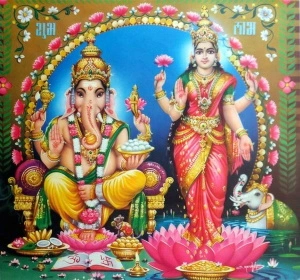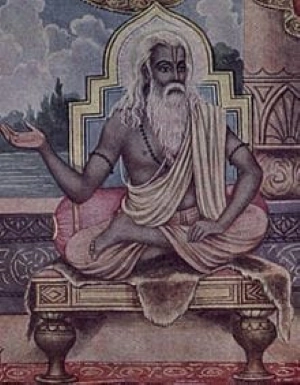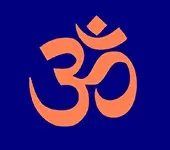30.6K
Likes
218
Comments
Recommended for you
Which Type Of Bhasma You Should Wear?
 Click here to know more..
Click here to know more..
Why Are Lakshmi And Ganesh Worshiped Together?

Lakshmi is worshiped for getting wealth. Ganesh is worshiped for getting the wisdom to get wealth by fair means and also to spend it appropriately.....
Click here to know more..Guru Totaka Stotram

smitanirjitakundasumam hyasamam mukhadhootasudhaamshumadam shamadam.....
Click here to know more..
English Topics
Mantra Shastra
Click on any topic to open
- 35 Why There Are Different Mantras For The Same Devata
- 34 Is Idol Worship Only For Beginners?
- 33 The Symbolism Of Madhu Kaitabha Story
- 32 Agneyastra
- 31 What is a beeja mantra?
- 30 How Mantras Have Got The Power To Manifest
- 29 Mantras Are Targeted Vibrations
- 28 What exactly is Tanmatra?
- 27 What are the qualities of a Guru?
- 26 Awareness levels of vibrations
Please wait while the audio list loads..
30
Ganapathy
Shiva
Hanuman
Devi
Vishnu Sahasranama
Mahabharatam
Practical Wisdom
Yoga Vasishta
Vedas
Rituals
Rare Topics
Devi Mahatmyam
Glory of Venkatesha
Shani Mahatmya
Story of Sri Yantra
Rudram Explained
Atharva Sheersha
Sri Suktam
Kathopanishad
Ramayana
Mystique
Mantra Shastra
Bharat Matha
Bhagavatam
Astrology
Temples
Spiritual books
Purana Stories
Festivals
Sages and Saints
26
15
13
Copyright © 2024 | Vedadhara | All Rights Reserved. | Designed & Developed by Claps and Whistles
